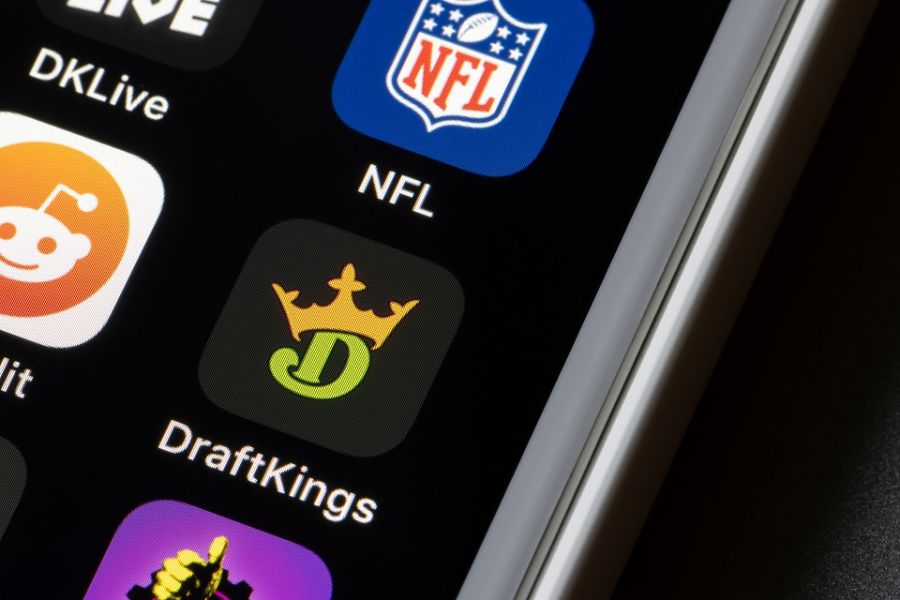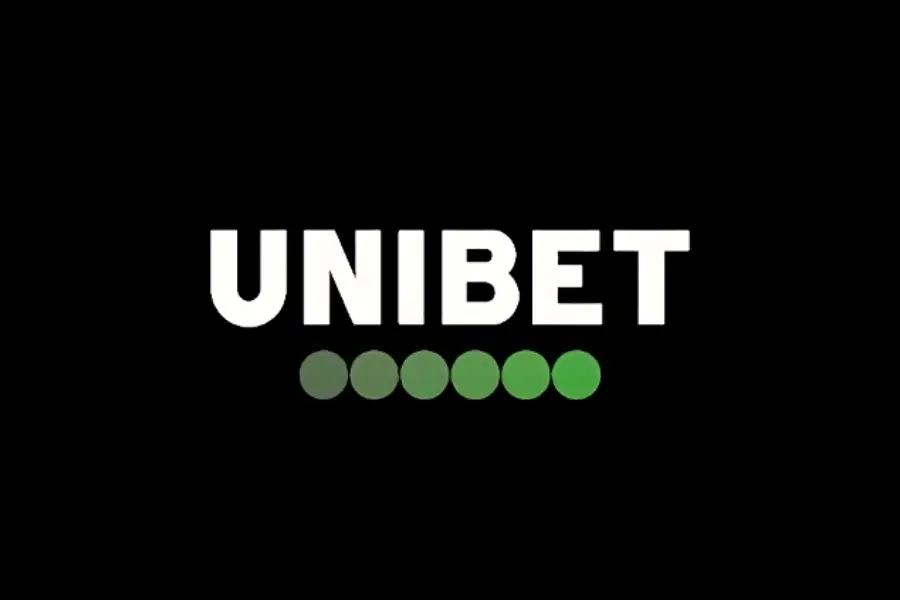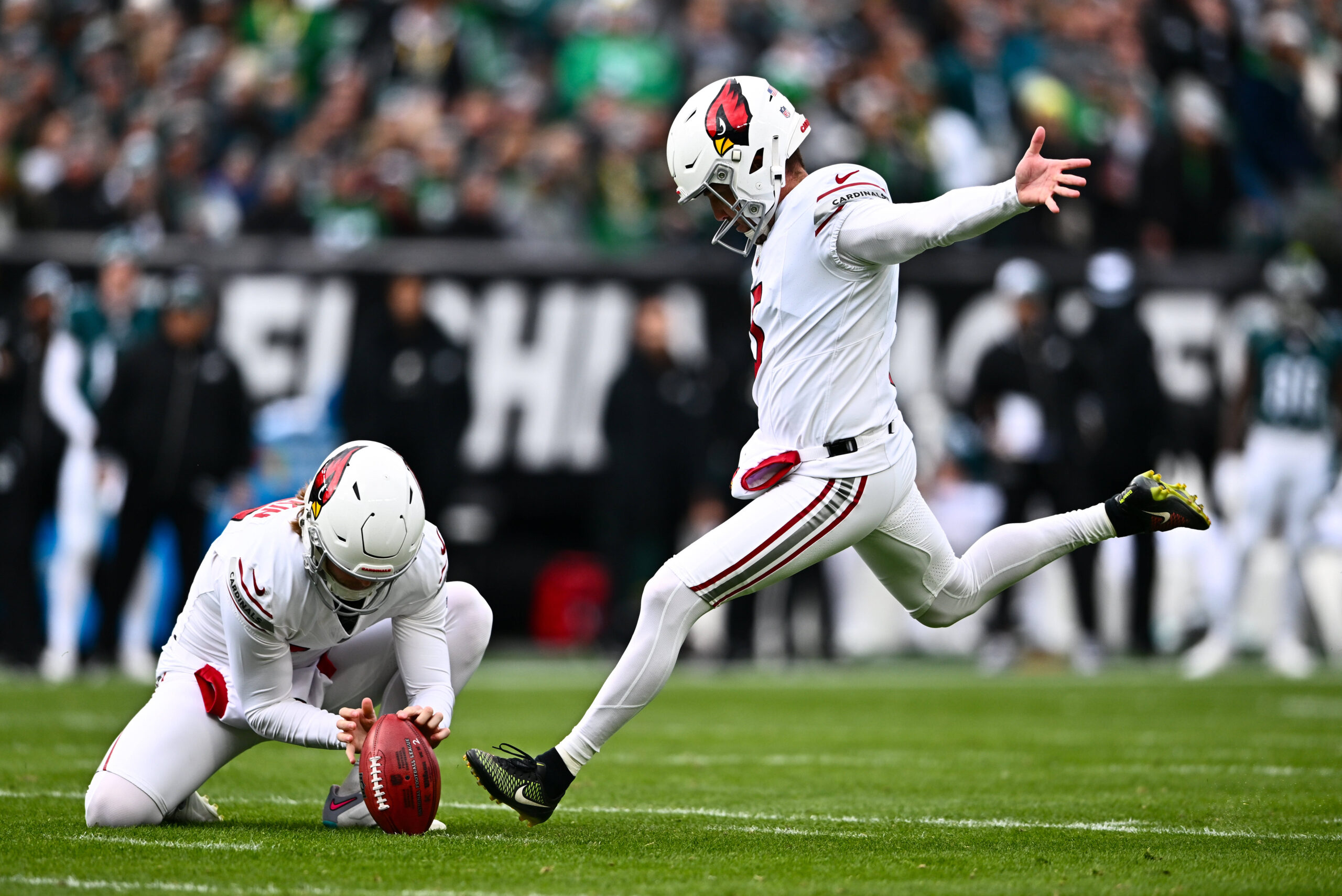On Friday, the Tennessee State House of Representatives passed a revised edition of Senate Bill 475 with a 75-7 vote.
The bill proposes that the state replaces its current 20% revenue tax with a 1.85% tax on the monthly handle, which is the total amount accepted by the sportsbooks over a given time period.
While states like Ohio have considered raising the revenue tax from 10 to 20%, the Volunteer State will become the first US state post-PASPA to tax sportsbooks based on the handle rather than by revenue.
The Arizona Department of Gaming taxes Grand Canyon State sportsbook companies 10% for online wagers and 8% on retail sportsbooks revenue.
While there’s no current plan in the works to change the tax structure, let’s examine why the proposed Tennessee model of taxing by handle instead of revenue would be a bad idea for Arizonians and any other state considering this idea.
How Arizona Sportsbooks Make Their Money
Sportsbooks, also known as bookmakers or betting shops, make money by taking a commission, known as the “vig” or “juice,” on the bets they accept. The vig is a percentage of the money wagered on a particular event or game.
For example, if an Arizona sportsbook handles $100,000 in bets on a football game and the vig is set at 10%, the sportsbook would keep $10,000 regardless of the game’s outcome. This means that even if the sportsbook has equal bets on both teams, they still make money from the vig.
If a sportsbook is taxed on every ticket they write, what would be the incentive for a bookie to write a ticket where the implied probability is less than 49%?
The answer is simple–they’ll raise the vig from the standard -110 and make it difficult for anyone to enjoy long term success.
Nearly Impossible For Bettors to Win Long Term
An Arizona sports bettor must win 52.4% of their wagers at -110 to break even. Most pro bettors would be thrilled with a 54-57% long-term success rate, but instead of seeing -110 on NFL sides and totals, the bookmakers could realistically set the vig at -125 or more to offset a 1.8% tax model.
Why is the raise in vig important? A sports bettor would need to win a whopping 55.5% of their wagers, betting into -125 odds, just to break even. That would make it difficult for the pros and anyone else to beat the bookies long term.
The rise in Same Game Parlays (SGP) and Other High Hold Markets
If Arizona were to tax the bookies by handle, we could reasonably expect the bookmakers to focus their attention, as well as advertising dollars, towards the markets where the oddsmakers have the greatest probability of winning. That’s where high-win rate betting markets like parlays and special SGP premade parlays come into play.
For example – Ohio sports bettors in February wagered over $100 million on parlays at FanDuel alone – this far exceeded any other betting market FanDuel had to offer over its entire betting catalog for that month. This makes an already predatory market more valuable to the bookies than it already is now.
Arizonans the Ultimate Loser
Ultimately, the only winners from the Tennessee tax model are the sportsbooks and the state.
The only losers will be Grand Canyon customers betting on bad numbers and paying over-inflated prices that could lead to long-term financial ruin, and no one benefits from that.






